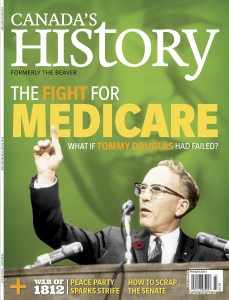 Once upon a time, you went to your doctor when you felt unwell, and your doctor tried to help you.
Once upon a time, you went to your doctor when you felt unwell, and your doctor tried to help you.
“Now, we are seen as negligent if we are not hounding our designated list of patients to meet current practice guidelines, which might be different tomorrow,” my uncle said.
Big data collects everything. Every tiny bit of data that could be recorded gets stored for retrieval and analysis later. Every blood test, x-ray report, clinic note, and screening exam goes into an electronic medical record (EMR). From there, it loads into an electronic health record (EHR) linking other providers. It require a ton of effort to keep personal data secret.
A family physician from a well-known clinic in the US, spoke with my uncle:
“Turns out that one use of their EMR is to publish how all the docs are doing meeting screening and chronic disease management guidelines, as well as patient satisfaction. Then there is negative feedback from other providers toward those who are not keeping up to target. The pressure comes from their payer who is very much into running a profitable business [although non-profit officially]…”
When is Big Data Big Brother?
This issue has been discussed recently about security in VW cars (Forbes), and planning and safety in Boston (eWeek).
Mathew Ingram writes about ‘The Increasingly Blurry Line Between Big Data and Big Brother” (photocredit). He suggests we need to control the use of the data to prevent big data becoming big brother.
Gerd Leonard spoke with CNN about big data. CNN writes that
“Soon, the question will no longer be whether we have the technological skills and horsepower to do something, but why, when and where we should do it (never mind the thorny issue of ‘who’). “
Big Data will change medicine, redefine what it means to practice. George Orwell might tell us to keep patient needs first, and challenge big data’s use for anything else.
“Possibly one of the biggest deterrents against retirement is that we become consumers only in the system. That’s got to be even scarier than being a provider.”


